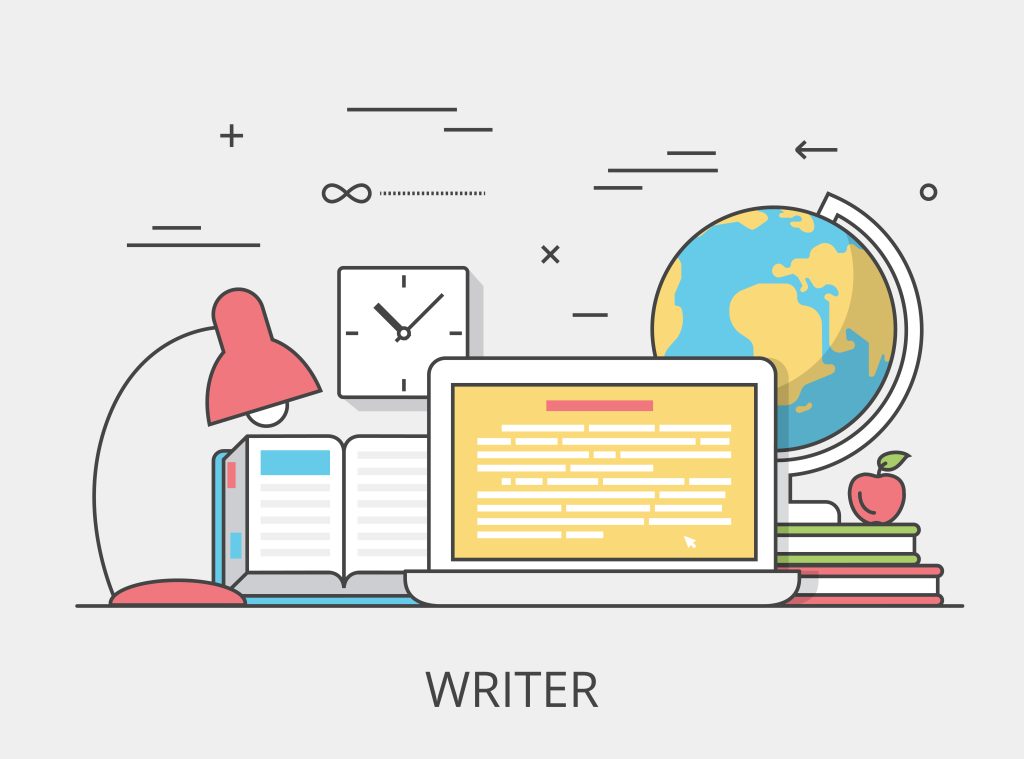Wikipedia is one of the most visited websites globally, providing millions of people worldwide with free access to information. However, the platform’s accuracy has been a constant issue, and it’s mainly because of human error. Fortunately, AI technology could help make Wikipedia entries more accurate. In this article, we will explore how AI can help improve Wikipedia’s accuracy and why Wikipedia editors should embrace this technology.
I. AI and its role in Wikipedia
Artificial Intelligence (AI) has become an integral part of our daily lives, and it has proven to be useful in many fields. With Wikipedia, AI could help in several ways. For example, AI algorithms can be used to analyze large volumes of data to identify patterns and inconsistencies, which Wikipedia editors can then correct. Additionally, AI can be used to monitor edits made to Wikipedia entries, flagging suspicious changes for human review.
II. Automated fact-checking
Fact-checking is an essential aspect of ensuring the accuracy of information on Wikipedia. Currently, this is done manually by Wikipedia editors, which can be a time-consuming and tedious process. However, AI-powered fact-checking tools can automate the process, saving editors time and effort. These tools can analyze sources cited in Wikipedia entries and flag any discrepancies between them, helping editors identify and correct errors.
III. Automatic content generation

Wikipedia’s Accuracy
Creating new Wikipedia entries can be a challenging task, especially when dealing with complex topics. However, AI-powered content generation tools can help ease the burden on editors. These tools can analyze multiple sources and generate an initial draft of an article that editors can then refine and edit. This approach can help ensure that new entries are accurate, comprehensive, and well-researched.
IV. Content recommendation engines
One of the challenges Wikipedia editors face is ensuring that articles remain relevant and up-to-date. AI-powered content recommendation engines can help editors identify articles that need updates or expansion. These engines can analyze user behavior on Wikipedia and recommend articles that are related to the user’s search history, helping editors ensure that the platform’s content remains useful and relevant.
V. Sentiment analysis
Wikipedia entries can often be subjective, with different editors presenting different views and opinions. AI-powered sentiment analysis tools can help editors identify biased language and content, ensuring that articles remain neutral and factual. These tools can analyze the language used in articles and flag any language that may be perceived as biased, helping editors create articles that are more objective.
Why Wikipedia editors should embrace AI
AI technology can be a powerful tool for improving the accuracy and relevance of Wikipedia entries. However, some editors may be hesitant to embrace this technology, fearing that it could replace human editors. However, this is not the case. AI can only supplement human efforts, not replace them. AI-powered tools can help editors identify and correct errors, save time, and generate more accurate and relevant content. In summary, AI can help Wikipedia editors create a more comprehensive and accurate encyclopedia that benefits millions of people worldwide.
Conclusion
AI technology has tremendous potential in improving the accuracy and relevance of Wikipedia entries. AI-powered tools can help Wikipedia editors identify and correct errors, automate fact-checking, generate content, recommend updates, and analyze language. By embracing AI technology, Wikipedia editors can ensure that the platform remains a reliable source of information for millions of people worldwide.


